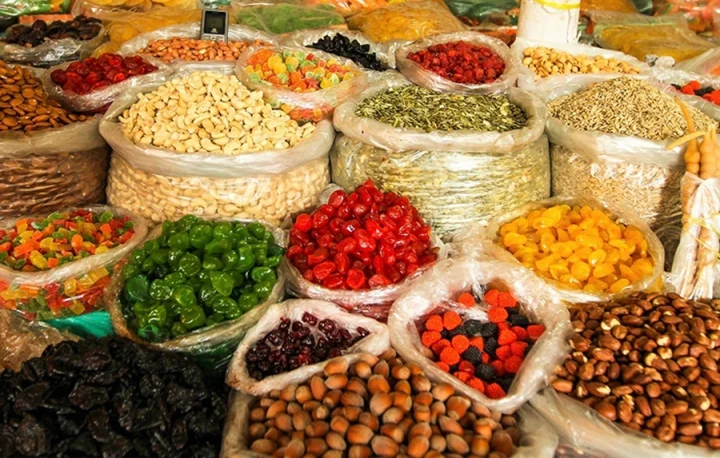The cost of making Nigeria’s most popular meal, jollof rice, significantly increased by 13.7 percent between the months of March and June 2023, according to SB Morgen (SBM).
SBM, in its latest report, titled, ‘The SBM Index: Hungry for Change’, analysed the key factors responsible for the surge in the aforementioned period.
The index, which covers the different costs of making a pot of jollof rice in a household of five, highlighted the diverse challenges of the economy.
SBM said the petrol subsidy removal, and the unification of the foreign exchange (FX) market policies, significantly affected the prices of foodstuffs in Nigeria.
Advertisement
“The removal of fuel subsidy in Nigeria affected the country and had far-reaching effects in the neighbouring West African states that have historically depended on subsidised petrol smuggled in from Africa’s largest oil producer for several years,” the report reads.
“The subsidy removal increased fuel prices and increased food and transportation costs across West Africa over the last two months.
“These two policies have affected all food items, including those in the Jollof Index such as rice, tomatoes, pepper, protein sources like turkey/chicken and beef, and vegetable oil.
Advertisement
“The previous administration’s restriction on forex for rice importation over the past six years contributed to high rice prices, as it was predominantly purchased and sold at the black market rate.
“Although prices have increased due to the devalued exchange rate, rice hasn’t seen the same price increases as other commodities.”
The SBM report also revealed the average cost of making a pot of jollof rice across the 13 markets in Nigeria’s six geopolitical zones.
Between March and June, according to the document, the average cost of making a pot of jollof rice for a family of five increased from N10,882 to N12,373 — an increase of 13.7 percent.
Advertisement
“Month on month, prices increased by 4.7 percent between March and April, 2.79 percent between April and May, and 5.6 percent between May and June,” the report said.
“The rapid price increases in April were caused by the lagging effects of the flooding and the cash redesign policy. Also, widespread rumours of the incoming administration’s intention to remove fuel subsidies held prices up.”
GHANA JOLLOF COSTLIER THAN NIGERIA’S
For Ghana, SBM focused on two cities in Ghana: Accra and Kumasi for the second quarter of the year.
Advertisement
The report said the cost of making a pot of jollof rice in Accra remained the same for the first two months of the quarter (March and April at GH¢ 287.5) before experiencing a significant increase to GH¢ 324 in the last month (June).
Similarly in Kumasi, the cost was GHc 268 in April and May, before increasing to GHc 311 in June.
Advertisement
“While the trend is the same, the overall cost of making a pot of jollof rice in Kumasi is less than in Accra during this period, showing the urban, sub-urban disparity in food prices,” the report added.
Comparing the difference in prices between Nigeria and Ghana, the report said, “The purchasing power parity rate for Ghana and Nigeria as of 2021 were $2.2 and $167.7, respectively.”
Advertisement
“According to the data, the cost of the Nigerian jollof based on the official market rate increased substantially from $24.2 in March 2023 to $27.2 in April 2023 and then slightly decreased to $27.1 in May 2023 before experiencing a significant drop to $16.3 in June 2023.
“On the black market, the cost of Nigerian jollof showed a consistent increase from $14.5 in March 2023 to $16.9 in April 2023 and a slight decrease to $16.1 in May 2023 before finally settling at $15.5 in June 2023.
Advertisement
“These declines are due to the recent currency devaluation. During the same period, the cost of Ghanaian jollof remained stable at $23.9 in April and May 2023 before significantly increasing to $27.4 in June 2023.”
Add a comment






